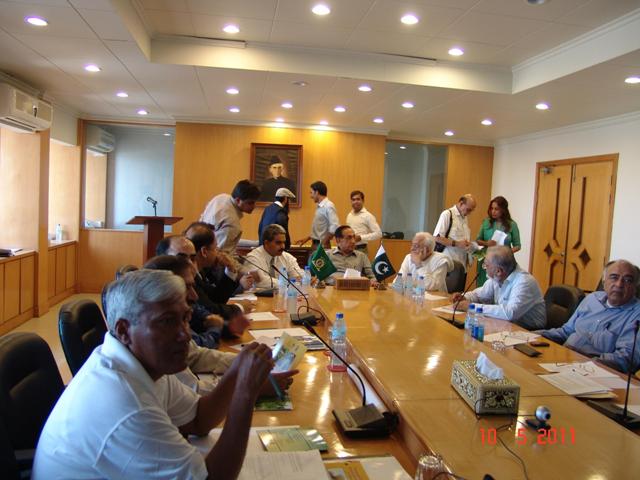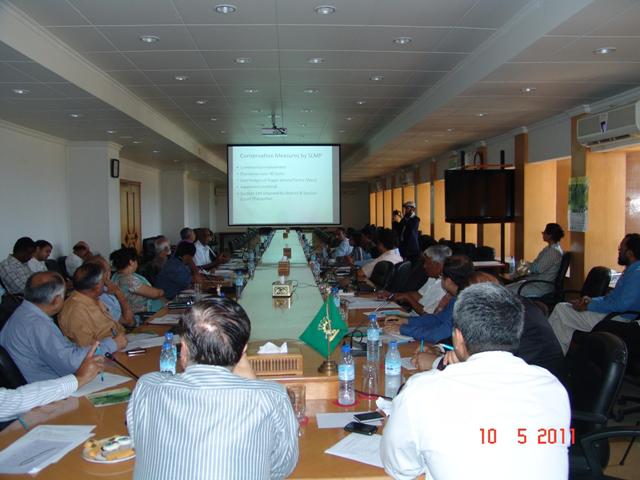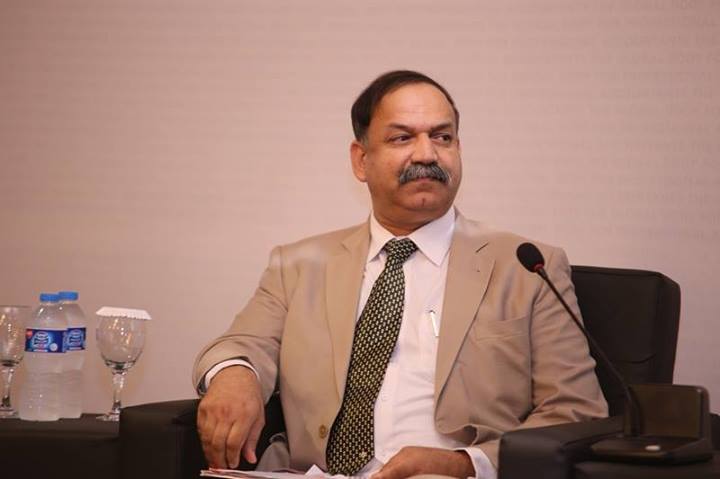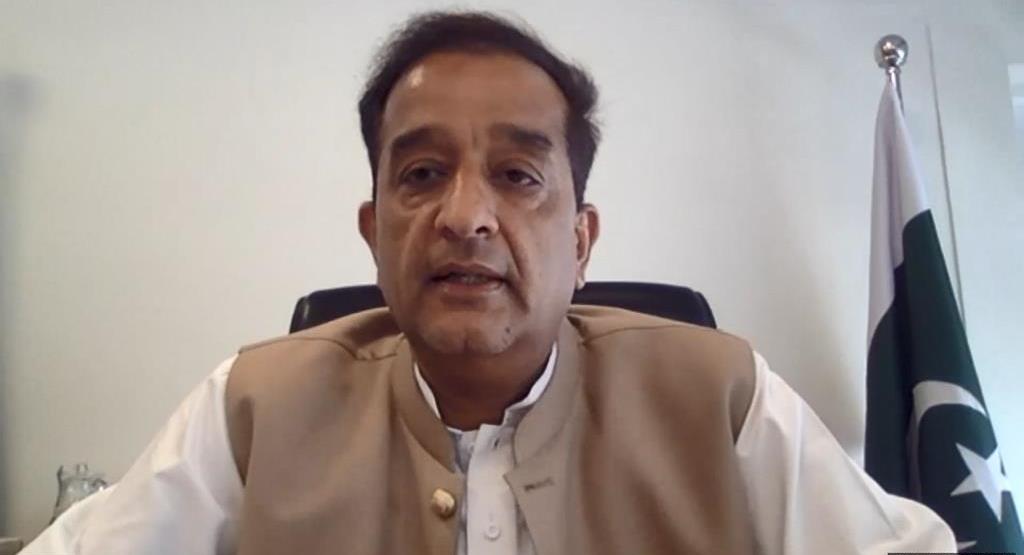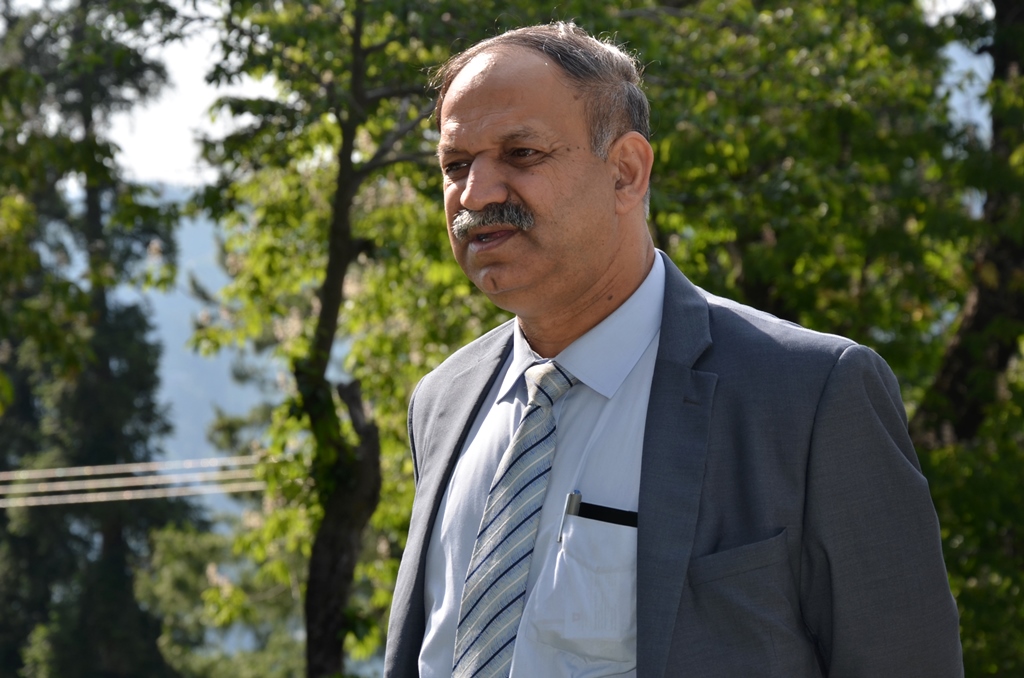Workshop on Guggul Tree Conservation
Karachi, May 10, 2011 (IUCN)
IUCN, the International Union for Conservation of Nature in collaboration with the Federation of Pakistan Chamber of Commerce and Industry (FPCCI) organised a workhop to discuss issues facing the Guggul Tree in particular and other species in general. Year 2011 has been marked as the Year of the Forests and this wokshop was a much-needed step towards knowledge sharing and management.
The workshop is one of it’s kind collaboration between IUCN and FPCCI and would go a long way in forging partnerships with private sector for the conservation of Guggul tree and other threatened species in the country. The overall aim was to create awareness and understanding of the vital role that these trees play not just in securing the livelihoods of individual communities but in generating economic benefits for the country as a whole.
Guggul trees have several medicinal qualities like it’s gum extract is used in the treatment of a number of ailments, including obesity and disorders of lipid metabolism. Guggul trees prefer arid and semi-arid climate. It is a plant well suited to the sandy deserts and hilly areas and is found in arid regions of the Indian sub-continent, particularly in hot and dry areas. In Pakistan, it is found in the hilly areas of Jamshoro and Thar Desert (Sindh) especially near Nangarparker, District Tharparker, and Kirthar mountain range. It is also found in some areas of Punjab and Balochistan. In the recent years experts have seen a sharp decline.
Mr. Gulzar Firoz, Chairman Standing Committee for Environemnt, FPCCI said FPCCI’s Standing Committee for Environment is one of the 107 Comittees which is actively pursuing the agenda of envrionment.
Dr. Kella Lekhraj, provincial coordinator Sustainable Land Mangement Project (SLMP) highlighted the threats faced by Guggul tree like droughts, over grazing, overexploitation due to unscientific resin tapping methods, termites and destruction of its habitat. In the recent years, it has become an endangered plant specie and for Tharparkar district of Sindh, it has been listed in IUCN’s Red list as “Data Deficient”.
Dr. Ashok Bakhtani of Thardeep giving the background of the region said, “the community in these areas belong to the Kohli cast who have been deprived by the influential people from this altenative source of income. The poor community is even prohibited from grazing their animals in the areas. He stressed on sensitizing the community and giving them economic incentives. He said that putting a blank ban on cutting and grazing is not an ideal solution to this complex issue.
Secretary Forest and Wildlife, Mr. Mustaq Ali Memon suggested multipronged approach to save the Guggul tree likeGIS mapping of the sites with Guggul concentration, declaring the entire area protected, imposing section 144 and implementing it with district adminstration. He also suggested appointing eco-gaurds from the community.
Mr. Shah Muard Aliani, Country Representative IUCN Pakistan moderated the session and talked about finding alternate sources of income for the residents of the area and decreasing their dependency on Guggul tree. He enmphasized on IUCN’s ideology as a knowledge-based organization which is willing to share and learn from other organizations. At the end of the workshop, he proposed a sub-committee with partner organisations like Scope, SLMP, Forest department, Thardeep and other local organisations to forward an action plan to FPCCI. He also suggested that media should be taken on board to create awareness about this valuable asset. There were pertinent comments from Mr. Ghulam Qadir Shah, NRM Coordinator, IUCN Pakistan who shared successful conservation stories from India.
Mr. M. Siddique Sheikh, Chairman, FPCCI’s Standing Committee on Corporate Social Responsibility said that today’s workshop would be the beginning of new avenues for organizations working on Guggul conservation. He promised continued support of FPCCI’s to save and conserve Guggul tree.
The session was well attended with participation from academia, NGOs and government departments,.
For more information or to set up interviews, please contact:
Mr. Ghulam Qadir Shah
Country Office. IUCN-Pakistan
1, Bath Island Road, Clifton, Karachi.
Phone: 021-35861540-2, Fax: 021-35861448
email address: ghulam.qadir@iucn.org
About IUCN
The world’s oldest and largest global environment network, IUCN, International Union for Conservation of Nature, envisions a just world that values and conserves nature. IUCN helps the world find pragmatic solutions to our most pressing environment and developmental challenges. It supports scientific research, manages field projects all over the world and brings governments, non-government organizations, United Nations agencies, companies and local communities together to develop and implement policy, laws and best practice. The Union’s headquarters are located in Gland, Switzerland.
IUCN Pakistan is part of the IUCN’s Asia Regional Programme based in Bangkok, Thailand. Established in 1985 to assist in the preparation of Pakistan’s National Conservation Strategy, IUCN Pakistan has grown to become the largest country programme of IUCN. Together with its partners and members, it is implementing several conservation initiatives across the country through institutional strengthening, policy advocacy and field work. Currently there are 27 active members of IUCN in Pakistan, including the Government of Pakistan as the state member, six government agencies and 20 NGOs. Over 100 volunteers from Pakistan work in IUCN’s six specialised commissions.
